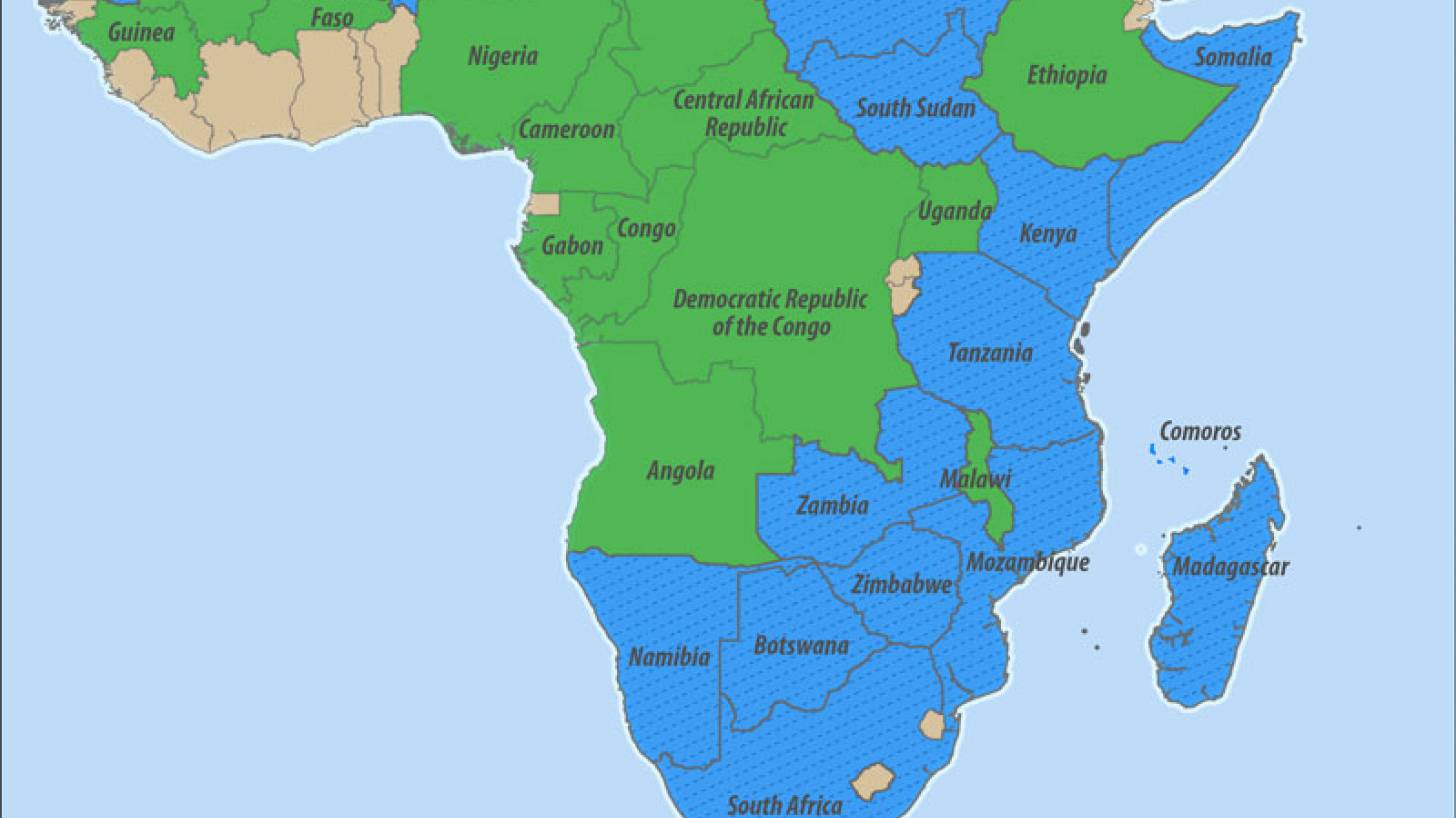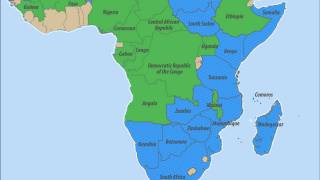Rift River Fever Vaccine Candidate Competes Phase 1 Study

In this issue of The Lancet Infectious Diseases, Daniel Jenkin and colleagues reported the results of a phase 1 study of a new ChAdOx1 vector vaccine against Rift Valley fever (RVF).
RVF is a viral zoonosis that primarily affects animals but can infect humans.
The development of an effective human vaccine against RVF that elicits a long-term immune response is of enormous clinical importance, wrote these researchers on April 12, 2023.
Safety and immunogenicity of a single dose of the vaccine were characterized in a first-in-human, open-label trial of 15 healthy volunteers.
The vaccine was tested in three doses, of which the two highest showed more pronounced immunogenicity. In addition, it induced both antibodies and T cells, which persisted during the 3-month follow-up.
The vaccine was well tolerated, with mild to moderate adverse events, such as fever and fatigue, more frequently occurring in the higher dose groups.
Despite a small sample size and restriction to U.K. adult study participants, the data provide an excellent example of another vaccine against a high-burden human disease.
The favorable safety and immunogenicity data from this vaccine candidate supports the advancement of this vaccine to phase 2 clinical evaluation in RVF-endemic countries.
The researchers wrote, 'We are convinced that evaluation of the RVF vaccine in phase 2/3 trials will benefit from the knowledge gained by the comprehensive data on safety, immunogenicity, and effectiveness of the ChAdOx1-COVID-19 vaccine, including both promising and concerning aspects encountered during clinical studies and mass application in a real-world setting.
Thus, although we eagerly await further data on the immunogenicity and efficacy of the RVF vaccine, the successes and the disadvantages of the ChAdOx1-COVID-19 vaccine could already provide insight into critical questions and potential answers that could similarly apply to other vector-based vaccines, concluded these researchers.
The U.S. Centers for Disease Control and Prevention (CDC) confirms international travelers increase their chances of exposure to the virus when they visit RVF-endemic locations during outbreaks.
In September 2000, RVF was detected for the first time outside the African continent, in Saudi Arabia and Yemen, leading to human deaths.
In 2006–07 an outbreak was declared in Kenya. Tanzania and Somalia were affected later. Madagascar and South Africa were hit in 2007 and 2008.
Spending time in rural areas and sleeping outdoors at night in regions where outbreaks of RVF occur could be risk factors for exposure to mosquitoes and other insect vectors.
As of April 25, 2025, no RFV outbreaks have been reported in Europe or the U.S.
Our Trust Standards: Medical Advisory Committee


